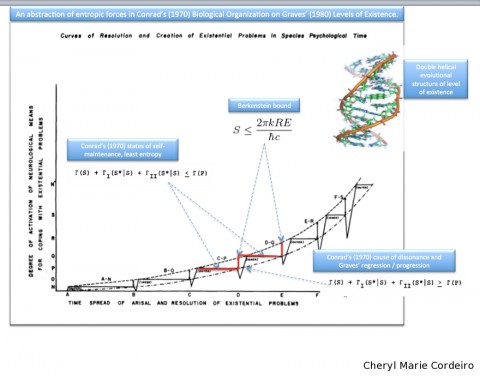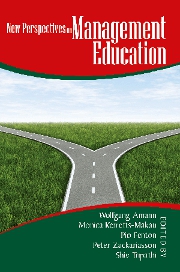
Robbert Dijkgraaf’s lecture, “The End of Space and Time?” at Gresham College, Tuesday, 20 March 2012 – 3:00pm
Barnard’s Inn Hall. Internet resource at http://bit.ly/1sH1Dig
Robbert Dijkgraaf’s lecture given at Gresham College in 2012 that focuses on string theory, quantum gravity, and the interface between mathematics and particle physics, bridges ideas from the various disciplines of science and arts, could be said to be have played a pivotal role in influencing the manner in which I saw the Individual in relation to space and time. Dijkgraaf takes on an evolutionary perspective to space and time, that are “near to their end”.
From the transcript of the lecture:
“If you go back in more recent history, for instance, Richard Feynman, the famous particle physicist, he has said that if you really do not know mathematics – and do not be worried, there will not be many equations today – but if you do not really know mathematics, you cannot get across the real feeling of the beauty of nature.”
“Not only did we have this unification of space and time but the next ingredient was that space, the stage, so to say, is not rigid, it is flexible, it can curve, it can shape, and it does so under the influence of energy and mass, and that is the phenomena that we call gravitation. So, anything that carries mass or energy will curve the space and time around and thereby space and time became no longer the stage, but an active player in the game. Space and time are something which has physical properties and a future in physical laws, and in fact, it is the influence of this curvature that describes the motion of particles under the influence of gravity.”
“I think the evolving universe, the Big Bang, is part of our culture, and in fact, these images and the discoveries that are made are getting more and more exact and precise. We are living in the age of precision cosmology,…”



 The evening’s contemplation… the opening paragraph of Joergen Oerstroem Moeller’s article, “Economic Integration: the Future for Asia” in the Diplomatist’ special issue published on the occasion of the ASEAN-India mid-December 2012 meeting in New Delhi.
The evening’s contemplation… the opening paragraph of Joergen Oerstroem Moeller’s article, “Economic Integration: the Future for Asia” in the Diplomatist’ special issue published on the occasion of the ASEAN-India mid-December 2012 meeting in New Delhi. It was also during this time that Geely acquired Volvo Cars from American Ford in 2010, landing China the single largest foreign acquisition, at the same time (
It was also during this time that Geely acquired Volvo Cars from American Ford in 2010, landing China the single largest foreign acquisition, at the same time ( The job of the expatriate in international job transfers is hardly an easy transition. Most Scandinavian expatriate contracts in Singapore for example average 3 years, during which time, the employees, usually at managerial level, are supposed to make adjustments along several dimensions, both in the private and public domains.
The job of the expatriate in international job transfers is hardly an easy transition. Most Scandinavian expatriate contracts in Singapore for example average 3 years, during which time, the employees, usually at managerial level, are supposed to make adjustments along several dimensions, both in the private and public domains.